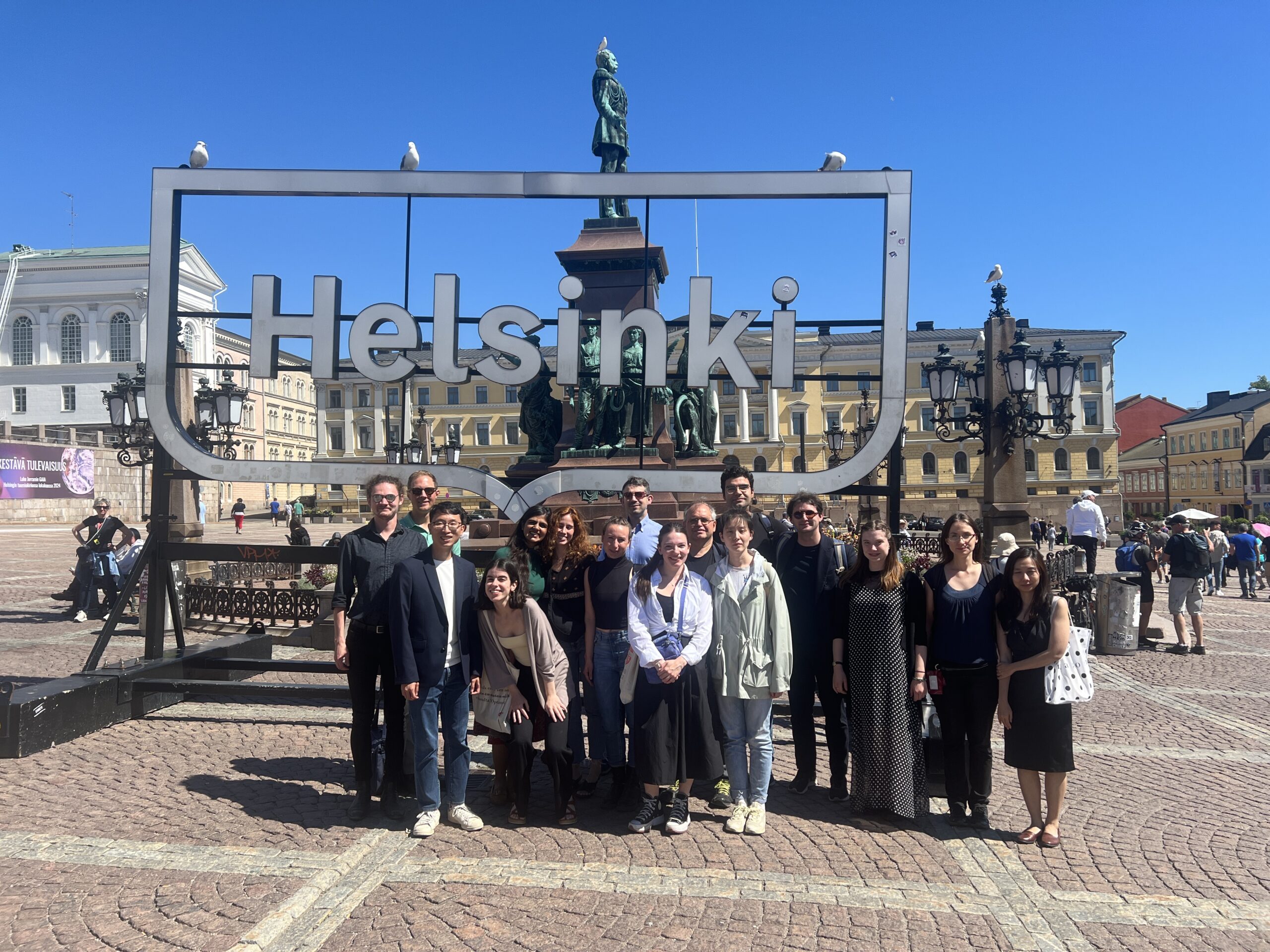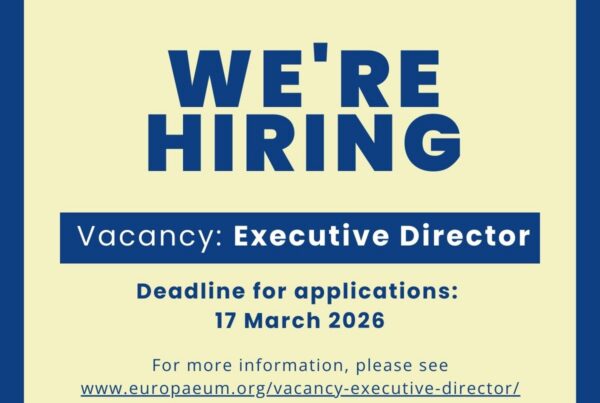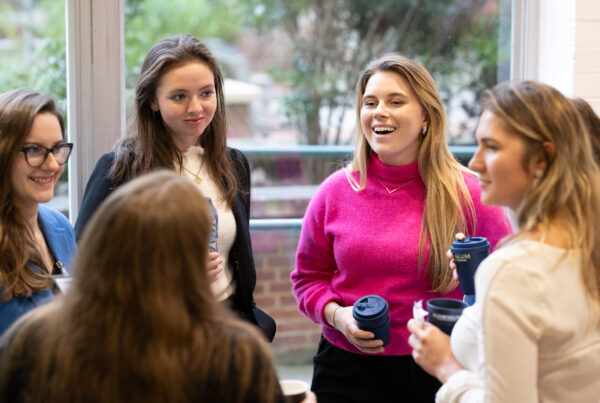
The Europaeum’s special Medieval-Modern Forum on Flourishing: Then & Now took place in Helsinki University from 24 to 26 June. Flourishing is a fundamental goal of human existence yet its precise characteristics are intangible. How it relates to emotions such as happiness and states such as wellbeing are critical to enquiries into the “good life”. Different presenters at the forum explored this in a variety of contexts. Professor Ritva Pálmen of Helsinki University launched the event with a lecture on it as a cognitive construct: she explained how she seeks insights from cognitive behavioural therapy which can be applied to a study of meaning in medieval texts.
Dr Michael Barbezat (the Australian Catholic University) gave a second lecture which explored the understandings of happiness amongst medieval Christian theologians. He contrasted modern perceptions that they were only concerned with happiness through meaning (eudaimonia) with hedonistic pleasure. Dr Ahab Bdawai (Leiden University) gave a third lecture explaining Islamic perspectives on this theme in the Middle Ages and the present.
Ten students presented papers at the event which were grouped loosely into three categories: philosophical enquiries, historical and sociological engagements with particular communities seeking to flourish, and critical analyses of literary texts. The student papers all addressed the medieval-modern dialogue in some way – either through discussion of a medieval text or context or a reflection on contemporary reception of long-standing traditions.
Two further academics gave lectures on the second and third days of the event. Dr Timo Miettinen (University of Helsinki) presented his personal perspective on how to flourish as a public intellectual in Finnish and European life. Dr Fabian Kratz (LMU Munich) explained how sociologists such as he attempt to measure happiness in the world around us and how they adjust and adapt for bias, error, and other quantitative concerns.
On the second day, the students also took advantage of Finland’s long summer days and excellent June weather to visit Seurasaaren Island where a heritage museum showcases buildings associated with traditional Finnish life. Many of these date back to the seventeenth or eighteenth century and were brought to the island to preserve evidence of a culture that was at risk of disappearing through industrialisation.
Student Anqi Wang (St Andrews) writes:
“The Flourishing Forum rescued me from the dark texts I examine every day and transported me to a sunny, splendid Helsinki at the best time of the year. During the three-day event, I immersed myself in the medieval context, which I had barely explored before, and witnessed the flourishing medieval history of humanity. I gained insights into how we can benefit from this history today. On a more personal note, I also gathered many stunning ideas for future reference, which I desperately need right now!”
The Europaeum thanks all the speakers for their generosity with time and intellectual energy, and also the University of Helsinki staff who facilitated our event – in particular Leena Malkki, Samu Niskanen, Juhana Aunesluoma, Bradley Reynolds, and Marie Krogius.



